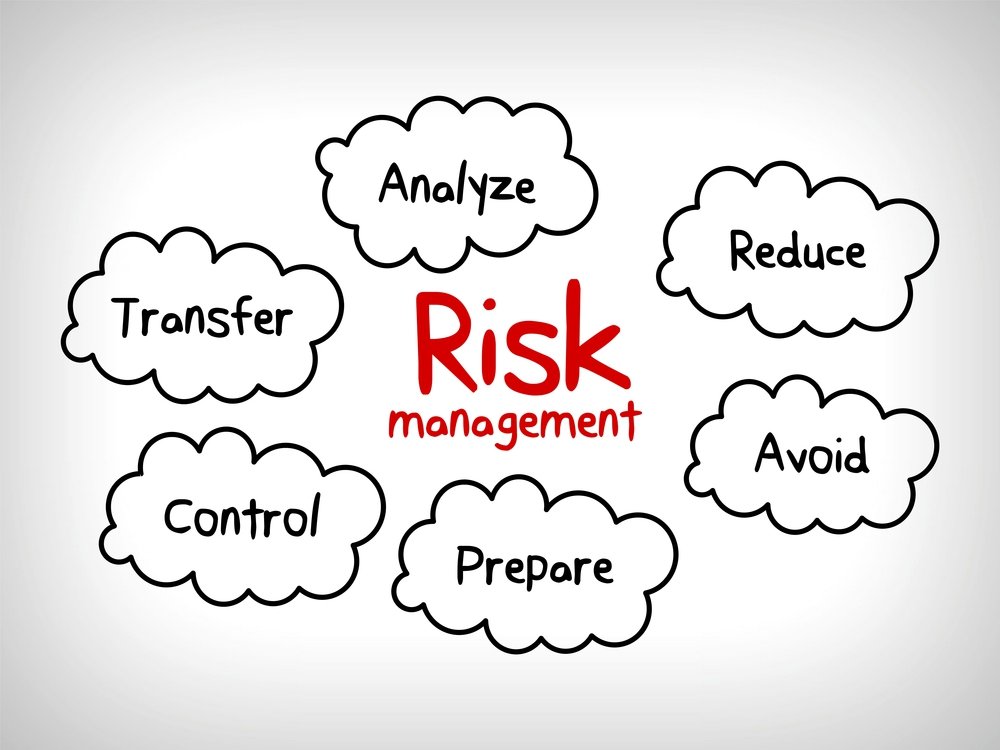The Relevance of Recognizing the Relevance of Risk Management in Various Industries

The Core Concept of Risk Management and Its Function
Risk Management, the keystone of lots of industries, rests on the recognition, evaluation, and mitigation of unpredictabilities in an organization atmosphere. It is an integral method that allows organizations to protect their assets, track record, and total survival. By correctly determining potential threats, services can establish strategies to either avoid these threats from happening or reduce their impact. The evaluation process involves evaluating the probability and prospective severity of these threats. Once threats have been recognized and evaluated, the mitigation process entails developing methods to reduce their possible influence. This procedure is ongoing and cyclical, guaranteeing that services are planned for the ever-changing nature of Risk in different markets. The main objective, hence, is to promote strength amidst uncertainties.
Advantages of Implementing Risk Management in Company Operations

Introducing the Function of Risk Management in Different Industries
While every market confronts its distinct collection of dangers, the execution of Risk Management strategies remains a common measure in their pursuit of sustainability and development. In the medical care industry, Risk Management involves ensuring patient security and data protection, while in financing, it includes mitigating financial investment threats and making certain governing compliance (importance of risk management). Building firms focus on employee safety and security, job delays, and budget overruns. In the technology sector, firms mitigate cybersecurity risks and modern technology obsolescence. Inevitably, the role of Risk Management across markets is to identify, examine, and mitigate risks. It is a vital part of strategic preparation, making it possible for companies to secure their possessions, maximize possibilities, and accomplish their purposes.
Real-life Situation Researches Showing Effective Risk Management
To comprehend the relevance of Risk Management in these many markets, one can look to several real-life instances that illustrate the effective application of these actions. Toyota, upload the 2011 earthquake in Japan, revised its supply chain Management to minimize interruption threats. These cases demonstrate exactly how sectors, finding out from crises, effectively applied Risk Management techniques to lower future risks.
Future Trends and Advancements in Risk Management Approaches
Cybersecurity, as soon original site as a peripheral problem, has actually catapulted to the center of Risk Management, with techniques focusing on response, why not try this out avoidance, and detection. The assimilation of ESG (Environmental, Social, Administration) elements into Risk Management is an additional growing trend, mirroring the enhancing recognition of the function that social and environmental dangers play in business sustainability. Therefore, the future of Risk Management exists in the combination of innovative innovation, innovative approaches, and an alternative strategy.
Final thought
To conclude, comprehending the importance of Risk Management across a range of sectors is vital for their longevity and prosperity. Tailored strategies can assist minimize potential threats, guard assets, and foster stakeholder trust. In addition, positive decision-making help in governing conformity and enhances source use. Eventually, effective Risk Management contributes to a lot more resistant and sustainable businesses, highlighting the value of this method in today's highly affordable and vibrant business setting.
While every industry confronts its distinct set of dangers, the execution of Risk Management techniques stays an usual denominator in their pursuit of sustainability and growth. In the health care sector, Risk Management involves guaranteeing patient security and information security, while in money, it entails mitigating investment threats and making sure regulative compliance. Inevitably, the function of Risk Management throughout markets is to recognize, analyze, and reduce dangers. These instances demonstrate exactly More Bonuses how industries, discovering from situations, successfully applied Risk Management approaches to reduce future risks.
